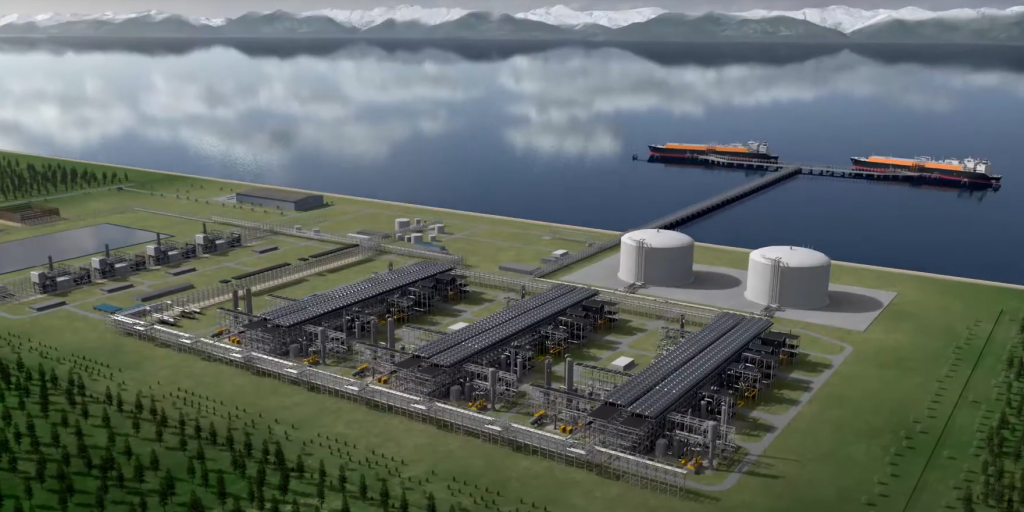Japan, South Korea, and Taiwan Eye Alaskan LNG Deal as New Bargaining Chip in High-Stakes U.S. Trade Talks
Japan, South Korea, and Taiwan are evaluating potential investments in the $44 billion Alaska LNG project, a move that could serve both energy security interests and as leverage in ongoing trade negotiations with the United States.

Strategic Energy and Trade Considerations
The Alaska LNG initiative involves constructing an 800-mile pipeline to transport natural gas from Alaska’s North Slope to a liquefaction facility in Nikiski, enabling exports to Asian markets without transiting the Panama Canal. The project, long hindered by high costs and logistical challenges, is gaining renewed attention as the U.S. administration, under President Donald Trump, emphasizes energy exports as a means to reduce trade deficits and strengthen alliances.
Taiwan’s state-owned CPC Corporation has taken a proactive step by signing a non-binding agreement to purchase six million metric tons of LNG annually from the project and explore potential investment opportunities. President Lai Ching-te highlighted this move as a means to bolster Taiwan’s energy security and resilience.
South Korea is also engaging in discussions regarding the Alaska LNG project. Trade Minister Ahn Duk-geun confirmed the establishment of a working-level group with the U.S. to explore cooperation on the project, alongside other trade-related issues. While no binding commitments have been made, the project is seen as a strategic entry point for broader trade negotiations, particularly concerning tariff relief.
Japan, facing uncertainties in its traditional LNG supply chains, notably from Australia, is considering diversification options. While Japanese companies have not yet formalized participation in the Alaska project, discussions are ongoing, with energy security and stable supply being key considerations.
Upcoming Summit and Project Outlook
The U.S. government is planning an energy summit in Alaska in early June, aiming to secure commitments from Japan and South Korea for the Alaska LNG project. The summit, organized by the National Energy Dominance Council, reflects the administration’s broader agenda to promote energy exports and address trade imbalances.
Governor Mike Dunleavy of Alaska has been actively promoting the project, highlighting its potential to provide long-term economic benefits and energy security. The state has reached a definitive agreement with the Glenfarne Group, granting it a 75% ownership stake in the project, with the State of Alaska retaining 25%. The project aims to begin operations by 2030, contingent upon securing necessary investments and offtake agreements.
As the summit approaches, the decisions of Japan and South Korea regarding participation in the Alaska LNG project will be closely watched, given their implications for regional energy dynamics and trade relations with the United States.